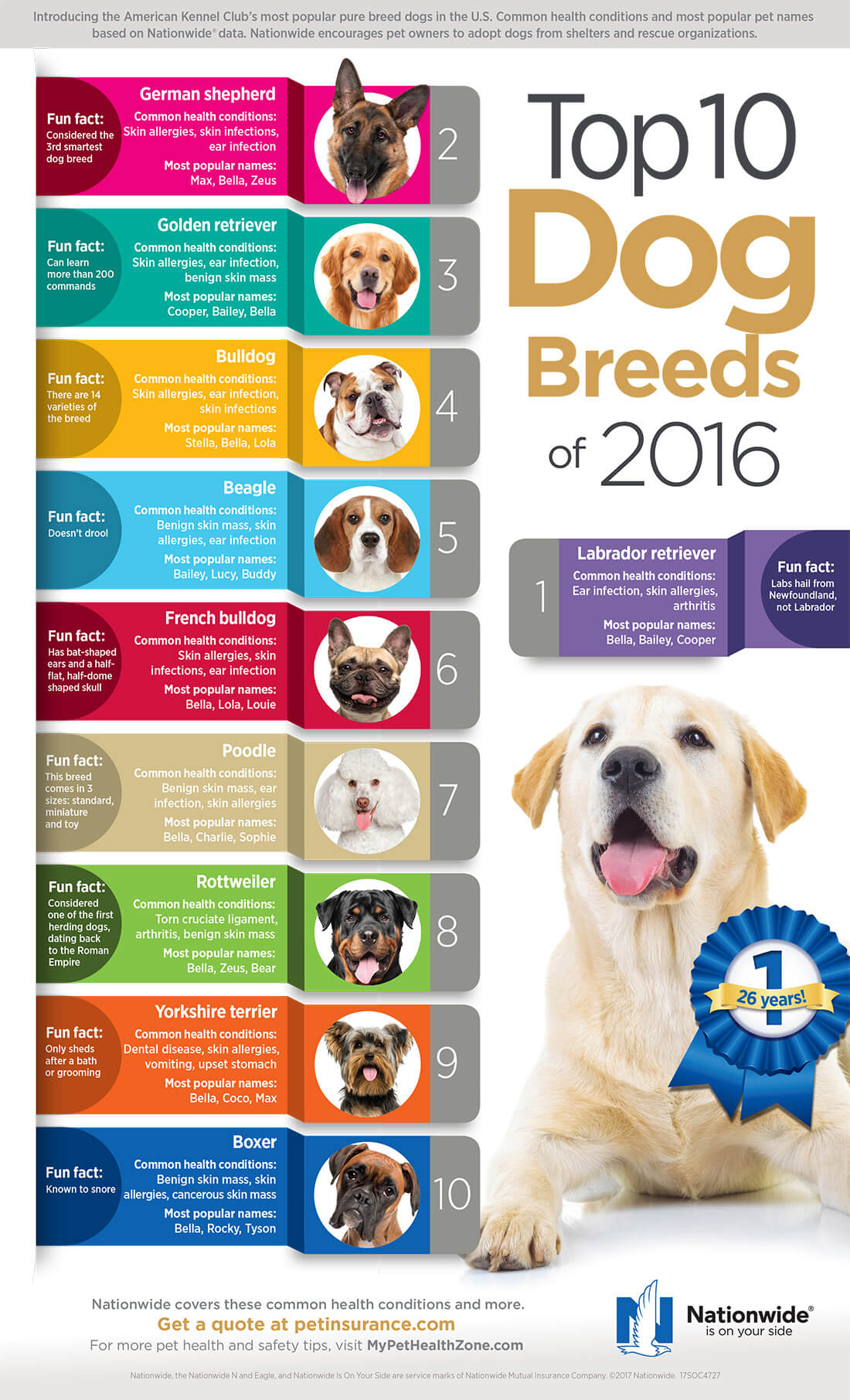How Dog Daycares Calm Overstimulated Dogs
How Dog Daycares Calm Overstimulated Dogs
Blog Article
Can Pet Dog Day Care Cause Disease?
Canines in daycare obtain lots of exercise, socializing with various other canines and unique experiences. This can be specifically practical for young puppies and dogs with behavior concerns.
There are numerous lawful considerations you need to think about when beginning a dog daycare business. These include the structure of your service and conformity with federal government regulations.
1. Canine Distemper
Canine distemper is spread with direct contact with the physical liquids and waste of a contaminated pet, but it can also be transmitted through shared water and food bowls or with air-borne beads. This very transmittable illness is most dangerous for puppies, but it can affect canines of any type of age and is deadly for a lot of if left unattended.
First signs and symptoms of canine distemper often imitate a common cold, including drippy eyes and nose with watery or pus-like discharge. As the illness progresses, a canine will develop fever, coughing, decreased hunger, vomiting and diarrhea. The virus can also attack the nervous system, resulting in seizures, twitching and partial or complete paralysis.
Respectable day cares minimize direct exposure to infection by needing vaccinations, routine health examinations and comply with strict hygiene protocols. If your pup seems extremely weary or hopping, a day off may help him recover, but you need to stay clear of taking him back to day care up until these signs clear up.
2. Kennel Coughing
Kennel coughing, likewise referred to as contagious canine tracheobronchitis or Bordetella, is a highly contagious viral or microbial illness that impacts the respiratory system. It's frequently moved through the exchange of saliva or air droplets that an unwell pet dog breathes out. Social canines are at greater danger for infection because of their frequent communication with each other, such as when they play, share food or water, sniff one another or simply fulfill in a congested environment like a dog park or childcare.
One of the most typical sign of kennel cough is a persistent and strong coughing that sounds like something stuck in the throat or retching. Usually, pet dogs will cough up foamy white phlegm. If left without treatment, a canine can develop pneumonia and go to major threat forever.
A respectable day care facility need to have stringent cleaning and sanitation methods, disinfect all toys, food and water bowls regularly, and be open regarding their vaccination plans. Keeping your pet as much as date on their inoculations, particularly for bordetella and canine influenza, will substantially minimize their chances of getting the disease.
3. Parvovirus
Canine parvovirus, or parvo, is a highly transmittable viral disease that can be deadly for pups and young adult pets with bad immune systems. It's most generally spread by direct contact with polluted canine feces-- which can take place when canines smell, lick, or taste contaminated feces-- and indirectly from contaminated individuals, items, or environments (like kennels, brushing rooms and grass). Puppies and pets without total inoculation backgrounds are especially prone to parvo.
The virus is very resilient, enduring in the environment for approximately nine years, and can conveniently be transferred in between canines by call with feces or on footwear, clothing, and bed linens contaminated with parvovirus. Otherwise treated promptly with IV fluids, electrolyte equilibrium, throwing up control medicines and antibiotics to avoid second bacterial infections, a pet will quickly dry out and develop extreme diarrhea, which results in shock and blood poisoning. Parvo is challenging to dogs boarding near me heal once a pet dog has actually become ill, yet with appropriate veterinary treatment, many pups do endure this disease.
4. Pooch Influenza
Pooch flu virus is extremely transmittable and spreads through straight call, sharing food and water bowls, licking or nuzzling other canines, via airborne beads, and via contaminated surface areas. Inoculation is effective in minimizing the threat of infection and break outs.
The majority of affected pet dogs create a mild breathing infection with a coughing that lasts 1-3 weeks. They might also have nasal and eye discharge, sneezing, and sleepiness. Some of the most significant cases lead to pneumonia and a high fever.
If your pet dog shows any of these signs, do not bring them back to day care until they are healthy. If your pet dog is showing indications of severe exhaustion or hopping, speak with your vet as soon as possible and make sure they are on health supplements to aid build their immunity. A vet will certainly evaluate your canine for signs of the influenza by taking a sample from the nose or throat, and blood tests can be done to verify.